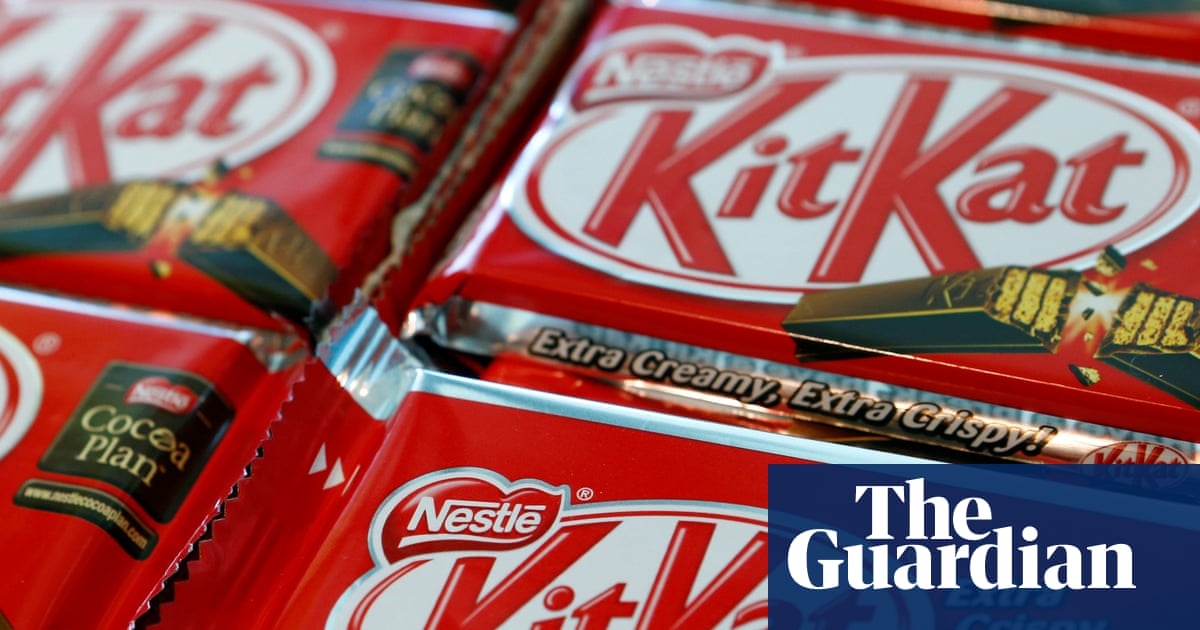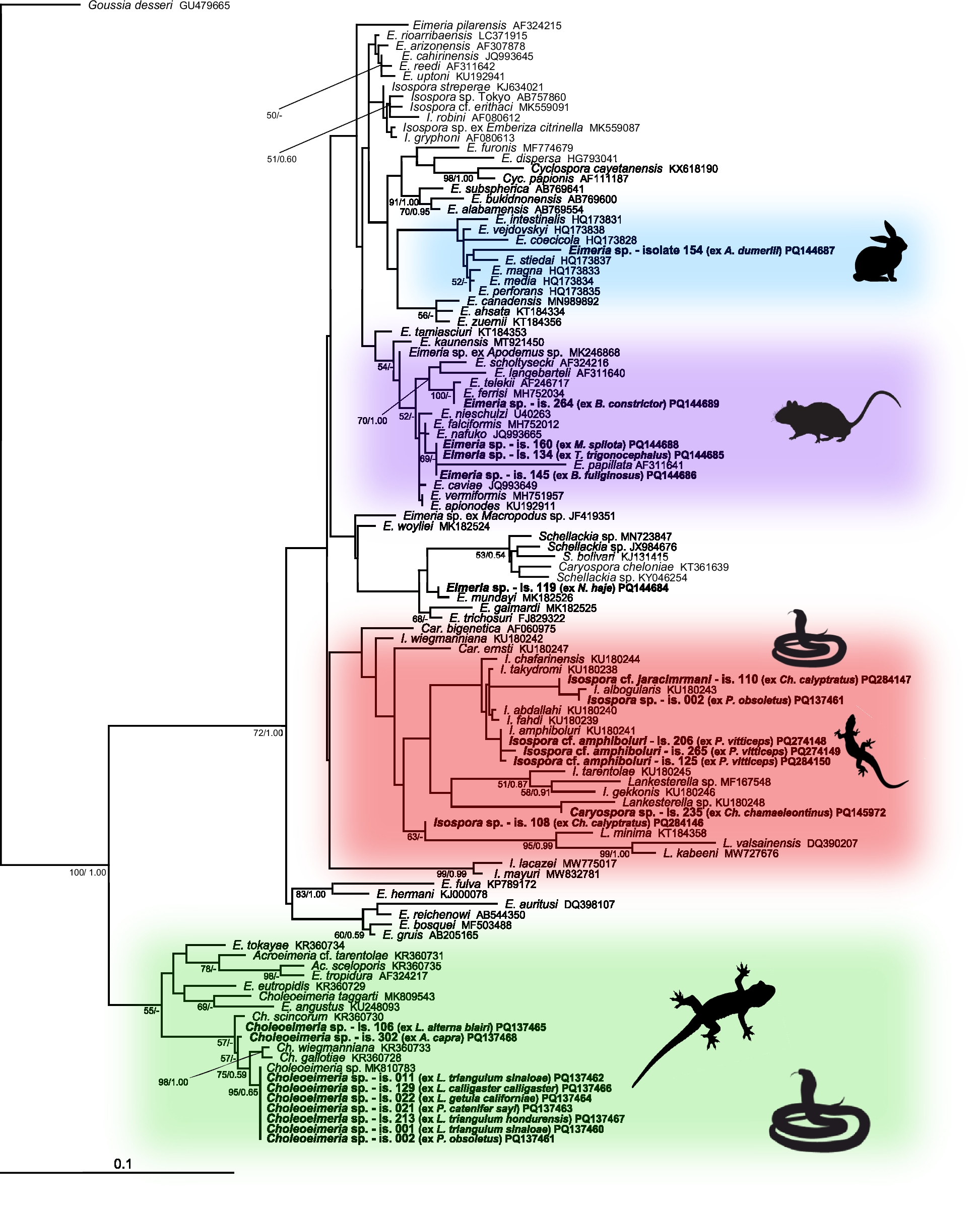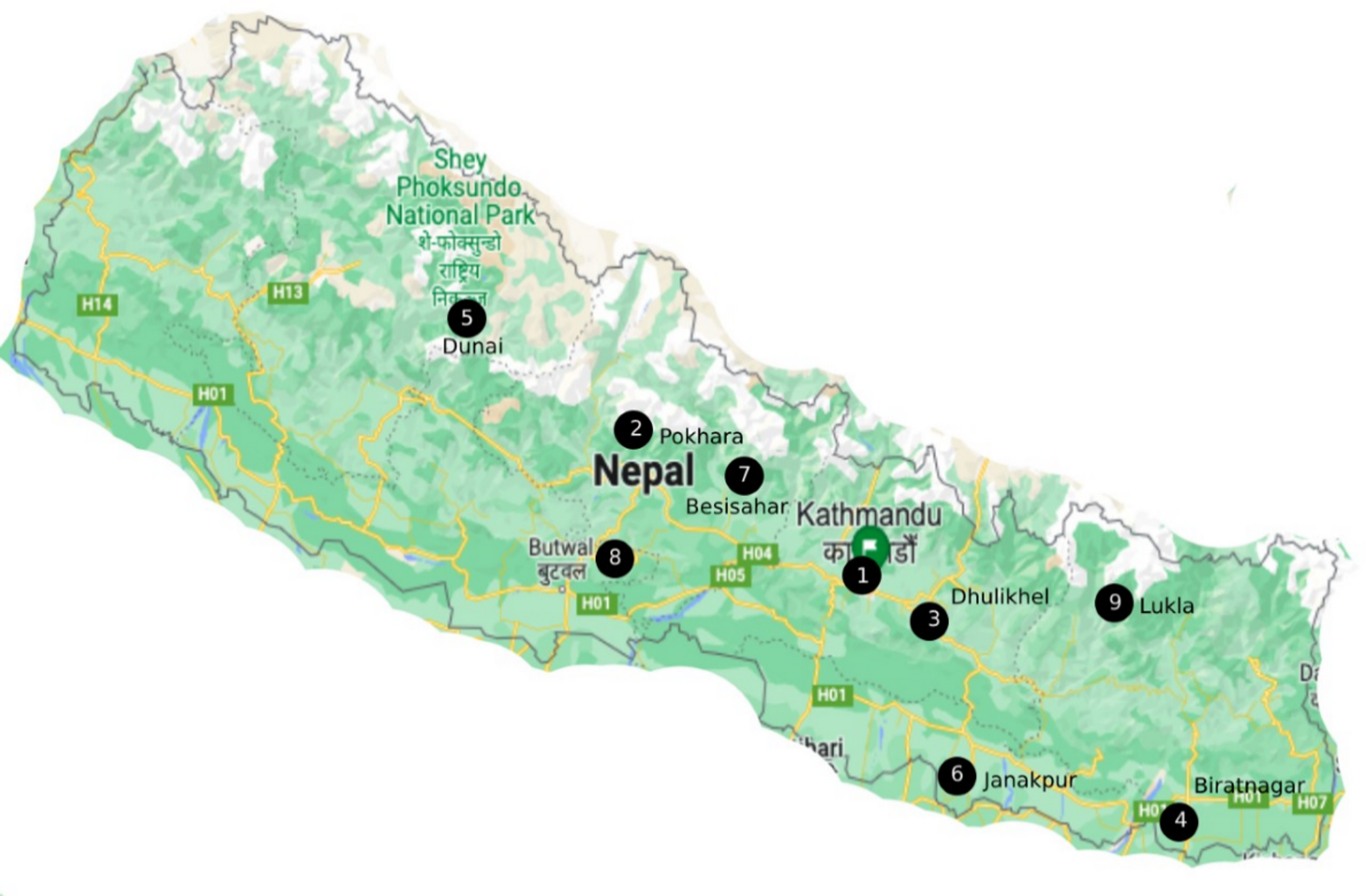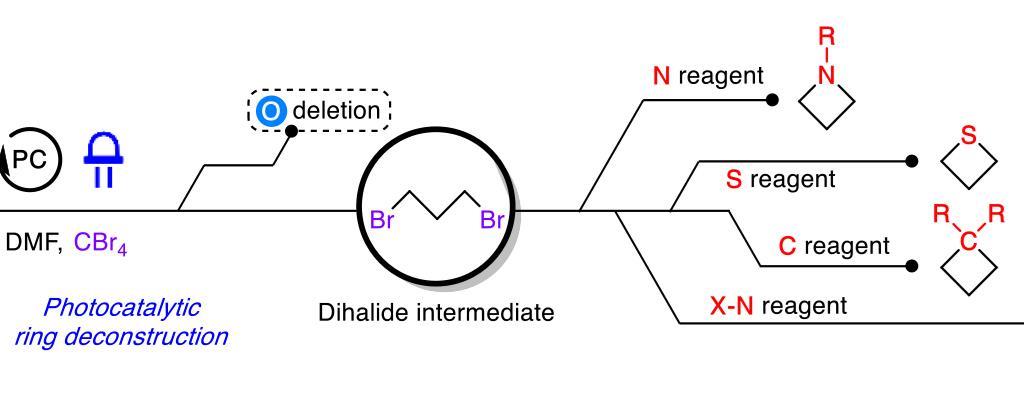Nestlé has said it will cut 16,000 jobs over the next two years as the owner of KitKat and Nescafé attempts to reduce costs and increase sales.
The Swiss-headquartered multinational said the cuts would include 12,000 white-collar professionals and 4,000 in its manufacturing and supply chain, close to 6% of Nestlé’s global workforce.
“The world is changing and Nestlé needs to change faster,” said Philipp Navratil, the new chief executive. “This will include making hard but necessary decisions to reduce headcount over the next two years. We will do this with respect and transparency.”
Navratil, who replaced Laurent Freixe last month after he was fired for failing to disclose a romantic relationship with a subordinate, announced an acceleration of his predecessor’s cost-saving plan to free up cash.
The company, which owns a suite of consumer goods brands including Häagen-Dazs ice-cream, Nespresso coffee capsules and Purina cat food, will seek to make savings of SFr3bn (£2.8bn) by 2027, up from a previous target of SFr2.5bn.
Freixe’s firing, which was followed two weeks later by the resignation of the chair, Paul Bulcke, destabilised Nestlé, already under pressure to bolster growth and reduce debt.
“We will be bolder in investing at scale and driving innovation to deliver accelerated growth and value creation,” Navratil said. “We are fostering a culture that embraces a performance mindset, that does not accept losing market share, and where winning is rewarded.”
The cuts were announced as the company reported a 1.9% year-on-year fall in sales to SFr65.9bn in the first nine months of the year. It said this was primarily due to negative foreign exchange impacts of 5.4% and that, on an organic basis, sales grew at 3.3%.
“We have been stepping up investment to achieve this, and the results are starting to come through,” Navratil said. “Now we must do more and move faster to accelerate our growth momentum.
“As Nestlé moves forward, we will be rigorous in our approach to resource allocation, prioritising the opportunities and businesses with the highest potential returns.”
However, the company said its higher sales were fuelled by inflationary pressures leading to price rises, with “double-digit percentage increases in some markets”. Sales growth was led by coffee and confectionery, where Nestlé has had to factor in higher coffee and cocoa costs.
after newsletter promotion
Geographically, all regions achieved organic growth, with emerging markets expanding at 5.2% and developed markets at 2.1%.
Chris Beckett, a consumer staples analyst at Quilter Cheviot, said: “The new Nestlé chief executive has used today’s results to indicate that despite his history as a career Nestlé employee, it will not be business as usual.
“[He is] happy [to] take drastic action to arrest Nestlé’s slide. Management have grand ambitions to being Nestlé back to where it has historically been, but for now the company is a work in progress.”





